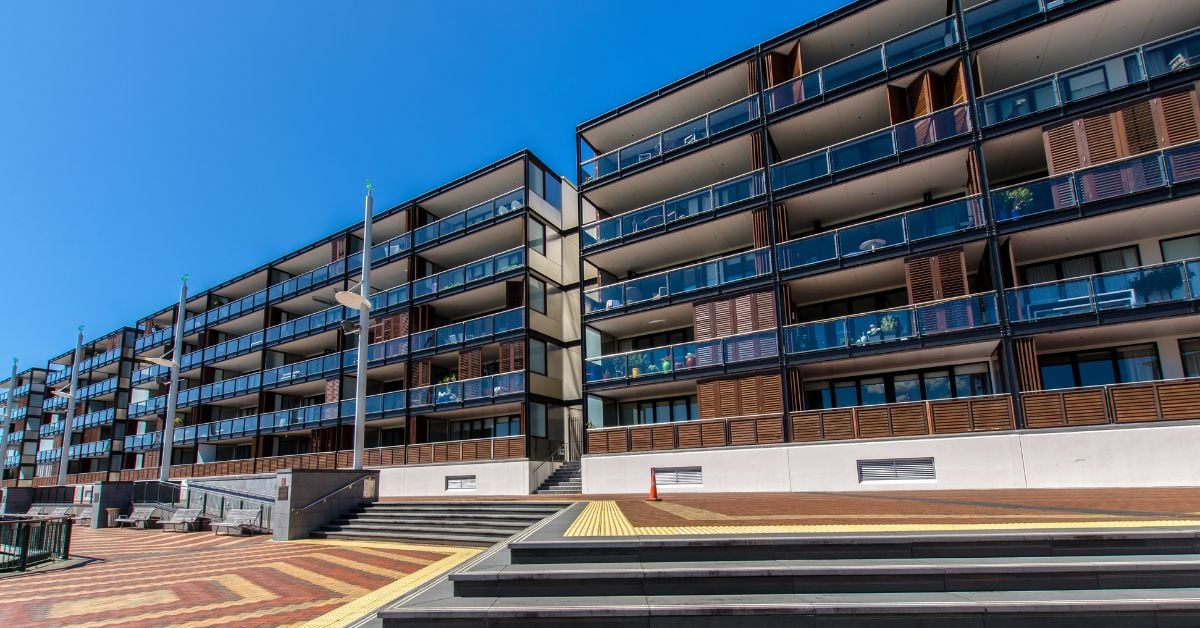Small Steps Property Investors Shouldn’t Overlook to Be Great Landlords

The latest reforms to the Residential Tenancy Act have been an opportunity for all property investors to make sure their investment properties meet the new standards. The changes could also be a time to consider how you could better invest your time to maintain your property and look after your tenants.
Continue to visit your property
Even with the best tenants, not all residents will report every single issue that needs to be fixed. Not only does addressing these issues maintain the condition and value of your property, it creates a homely environment for the residents.
Organising a time with your property manager and tenants to do an inspection gives you the opportunity to walk through with a critical eye to pinpoint anything that needs to be fixed, and taken care of quickly. A landlord may only need to do this a couple of times a year, and by staying across any repairs that are needed, you will ensure your tenants are happy and take care of your property – happy tenants equal happy landlords.
Have a maintenance and repair protocol
Minor maintenance requests can be dealt with quickly. To ensure the process to getting it repaired it not drawn out, property investors should work with their property manager and agree on a protocol around how to fix different issues that may need attention.
During this process it is worth giving them specific instructions as to what repairs can be organised on your behalf if you are unreachable. Also, discuss how they currently handle and report maintenance complaints and their expected timings for completion.
Keep paperwork in order
Owning a property means there is a lot of paperwork to keep in order, and it is vital to keep these documents in order while you own the property and for up to seven years after you sell it.
An organised filing system should not be overlooked or underestimated, as it is ideal for quick access. It should be where you keep your original purchase documents, all invoices including legal and agent fees and other associated costs, home loan statements and invoices relating to any work you have had done on the property.
Spruce up your portfolio
Well maintained and presented properties attract and retain the best tenants, yield higher rents and add value to your investment. Consider painting the walls, sand down the floorboards, retile the bathroom or give the kitchen a makeover.
Curb appeal matters just as much when selling a place as it does for renting, so do not overlook the garden. Fresh mulch or bark, pulling those pesty weeds and adding a splash of colour with perennials could do the trick. While you are outside, make sure you clean external lights and windows and check if the deck needs any repairs.
Not only will these efforts create a homely space your tenant will love, but it will also give them motivation to look after the property while it is their home and it gives your property considerable appeal.
Be ready to act swiftly
If you want to expand your property portfolio in 2021, and make the most of low interest rates, being financially prepared is key. Everyone who wants to move on the property ladder should consider their budget and price range and do their research to identify where you would like to buy.
Despite the fast moving property market, and residential property selling in record times, you do not want to feel rushed without thinking through all your options. However, indecision can hinder you from what could potentially be a rewarding decision.
A conversation with your home loan provider to get pre-approval so you are ready to take advantage of the right opportunity when it comes along will put you in firm footing to act swiftly.
Have a budget
The low interest rates may lead you to think that the extra bit of cash will be around if needed, but do not rely on that. Things change, and, at some point, interest rates will rise. It never hurts to have a bit of extra money saved up and ready to cover unexpected costs.
It is also key to have a clear view as to how much you are spending on your investment, and a good way to gauge this is by monitoring and documenting every expense over a month. This helps create an accurate budget and identify any expenses you can minimise or remove going forward.
The important thing is to never forget your property manager is a valuable adviser for your investment property strategy. They are there to help you attract the best tenants, maximise rental income and enhance your property’s value.
Share


